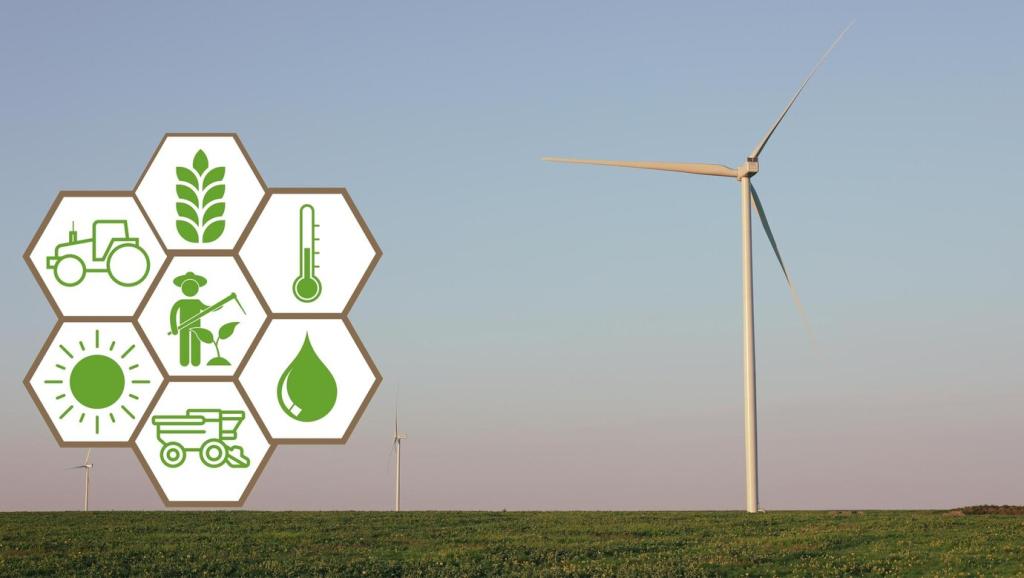The Rise of Bamboo in Eco-Conscious Kitchens

Sustainability at the Core
One of bamboo’s most compelling attributes is its rapid renewability. A bamboo stalk can grow up to three feet in just twenty-four hours under optimal conditions, outpacing virtually all traditional hardwoods by a wide margin. Its ability to regenerate from the root system without the need for replanting also reduces land disruption. This natural advantage ensures that bamboo forests can be harvested sustainably year after year, making it a resource that can meet growing demand without compromising the Earth’s health.
Functional Benefits for Everyday Cooks
Contrary to its lightweight appearance, bamboo is remarkably robust and enduring. This strength allows it to withstand daily wear and tear in the kitchen, from repetitive use to exposure to water and heat. Chopping boards, bowls, and other bamboo kitchen tools are less prone to cracking and warping compared to their hardwood or plastic counterparts. This longevity reduces the need for frequent replacements, helping cooks save money while curbing waste over time.

Design Trends and Aesthetics
Bamboo’s smooth grain and muted color palette lend themselves well to the modern minimalist look that has come to define many of today’s kitchens. Its gentle, honeyed tones offer warmth without overwhelming the senses, bringing a sense of calm and clarity to busy food preparation spaces. Bamboo’s clean lines and unfussy appearance blend harmoniously with stainless steel appliances and monochromatic color schemes, making it an ideal choice for those who favor understated elegance with a green twist.
Previous
Next
